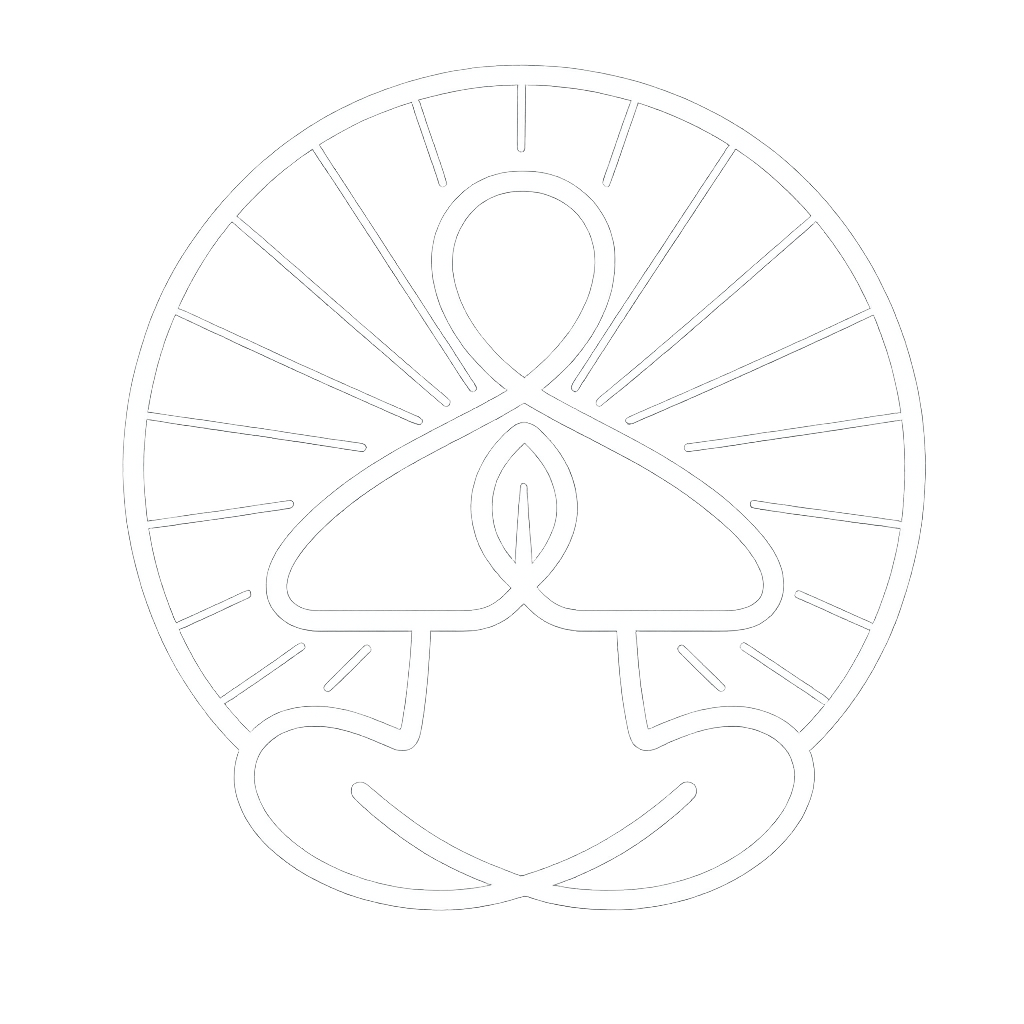What is Reiki?
Reiki is a form of alternative healing that originated in Japan in the early 20th century. The word "Reiki" comes from two Japanese words: "rei" meaning "universal" or "spiritual," and "ki" meaning "life energy" (similar to the Chinese concept of chi or qi). So, it can be roughly translated as "universal life energy."
In a Reiki session, a practitioner uses their hands to channel this energy into the recipient's body. The idea is that the practitioner acts as a conduit for healing energy, which can help balance the body's energy flow and promote physical, emotional, and spiritual well-being. Reiki is based on the belief that when this energy is blocked or unbalanced, it can lead to illness or discomfort, and by restoring balance, healing can occur.
——————————
Reiki is a healing practice where a trained practitioner uses their hands to channel energy into your body. It’s based on the idea that we all have a life energy that flows through us, and when that energy gets blocked or unbalanced, it can lead to stress or illness. Reiki aims to restore balance, promoting relaxation, reducing stress, and supporting the body’s natural healing process. Think of it like getting a "boost" for your energy, helping you feel more relaxed and in tune with yourself. Chiropractors can adjust your skeletal body, Reiki Practitioners can adjust your energetic body.
Having been attuned in 2019, Dr. Kirk (do i need the Dr.??) has been using and practicing Reiki for many years, and although he can channel and share without direct touching, he feels it is easier to intuit and connect with the client/recipient through direct, appropriate contact.
What to expect during a Reiki session?
My Intent is for your Highest and Finest Good.
After a conversation about the intention of the session, the client/recipient will lay clothed on a massage table, comfortably supported by bolsters and pillows and covered with a blanket. From there Dr. Kirk (Do i need the Dr.??) will do an assessment of the energy flow, nadis (a network of channels or pathways through which prana (life force energy) flows throughout the body), and chakras (one of several energy centers in the human body, believed to be involved in physical, emotional, and spiritual well-being), and then use different hand positions and placements to channel The Universal Energy to where it is needed most. Reiki is believed to flow to where it is most needed, even if the practitioner is directing it to a specific area, the recipient's body may ultimately guide the energy to where it's most beneficial, according to some Reiki practitioners. As the session is wrapping up, Dr. Kirk (Do i need the Dr.??) will do another energy scan to evaluate the impact of the treatment, and to finish up any remaining work. After the treatment there will be a debrief where the findings of the session are discussed. Dr. Kirk (Do i need the Dr.??) will sometimes use Sound Healing Instruments to supplement and enhance the session.
what are the benefits of Reiki?
-After a Reiki session, many people report feeling deeply relaxed and at ease, as the experience often melts away stress and promotes a sense of calm.
-Some find that their energy levels are revitalized, leaving them with a feeling of clarity and focus.
-Physical benefits like pain relief and a reduction in muscle tension are also commonly noted, along with improvements in sleep quality.
-Emotionally, Reiki can help release stuck feelings, providing a sense of emotional healing and balance, while others report a greater sense of peace, well-being, and mental clarity.
-For some, the session may also lead to spiritual insights or a deeper connection to their inner self, as energy blockages are cleared and a sense of lightness or freedom is felt.
-Ultimately, many describe the overall experience as one of rejuvenation, with positive changes continuing to unfold in the days following the session.

